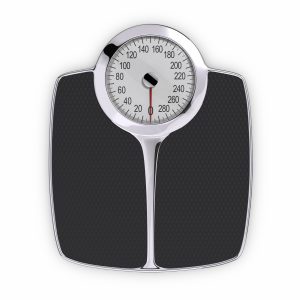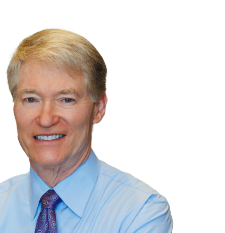 When you consider that the rate of obesity is at an all-time high and the plastic surgery industry is more popular than ever, it is easy to understand how plastic surgeons like Dr. George Sanders are seeing more overweight candidates seeking cosmetic improvement.
When you consider that the rate of obesity is at an all-time high and the plastic surgery industry is more popular than ever, it is easy to understand how plastic surgeons like Dr. George Sanders are seeing more overweight candidates seeking cosmetic improvement.
This raises some concerns about safety. It is well documented that surgery is more dangerous for people that are significantly overweight or obese. Dr. Sanders, who practices plastic surgery in Los Angeles, explains more here.
Obesity Raises the Risks of Complications
Obesity is defined as having a body mass index, which is a measure of height and weight, of 30 or higher. You can easily calculate yours at an online calculator site. Studies show that obese patients have a greater risk of developing complications after plastic surgery (or any surgery) than patients of a normal weight. Heavy patients are more likely to suffer heart attacks, blood clots, infection, scarring, wound infections and nerve injuries.
What’s more: morbidly obese patients, or patients that are 100+ pounds over their target weight, are twice as likely to die from these complications.
These risks can certainly outweigh the potential benefits of having plastic surgery.
Another reality is that overweight or obese patients may not achieve the results they desire through plastic surgery. Body sculpting procedures like liposuction or lifts are not weight loss methods and won’t remove significant mass from the body. They are intended to remove small, localized pockets of fat or folds of excess skin, carefully sculpting the targeted area(s).
Many plastic surgeons agree that unless a surgical procedure is going to change the medical status or health of an obese patient, it is best postponed until the patient can lose weight and attain a BMI in a healthy range.
It’s also critical to maintain a stable weight after plastic surgery in order to enjoy long-term outcomes. Gaining a significant amount of weight after plastic surgery can reverse the results.
Does My BMI Qualify Me for Plastic Surgery?
Keep in mind that this post is meant for general informational purposes only. Dr. Sanders cannot provide medical advice or professional recommendations over the Internet. He must examine a patient individually and review their personal medical history before advising whether plastic surgery is appropriate for the specific case.
The best way to determine whether you are a good candidate for plastic surgery is to meet with Dr. Sanders for an in-person consultation. To make your appointment, please call (818) 981-3333 or email our practice today.





